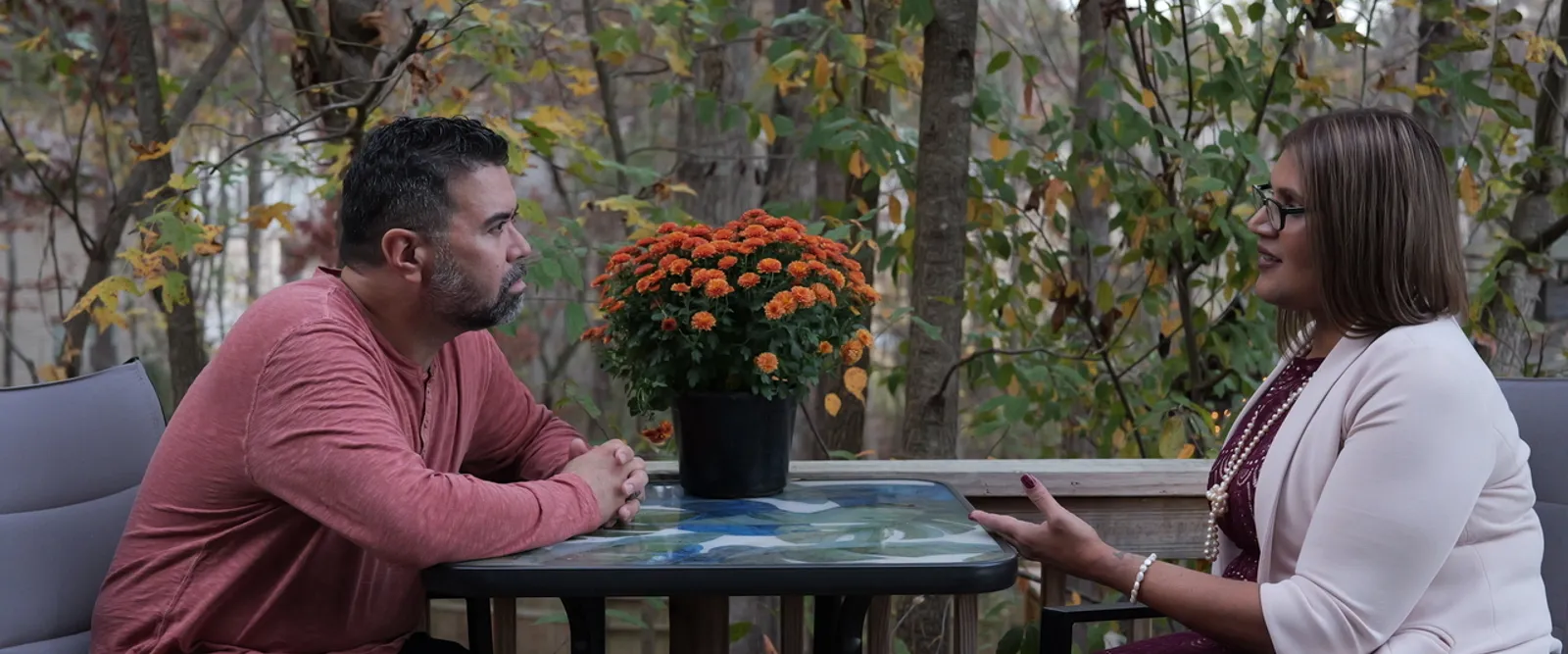Manage your close relationships and communication

When you're going through a challenging situation, it may also stressful for your family and other close relationships. So keep the lines of communication open, and ask for the support you need. At the same time, encourage your loved ones who are helping out to take time for themselves when their help extends over a longer period of time—it can be easy to burn out, and you’ll want to know they get the relief they need. There may be a range of support options available through your employer, a therapist, state or federal government, or community groups that can help lighten the load and extend your support system.


